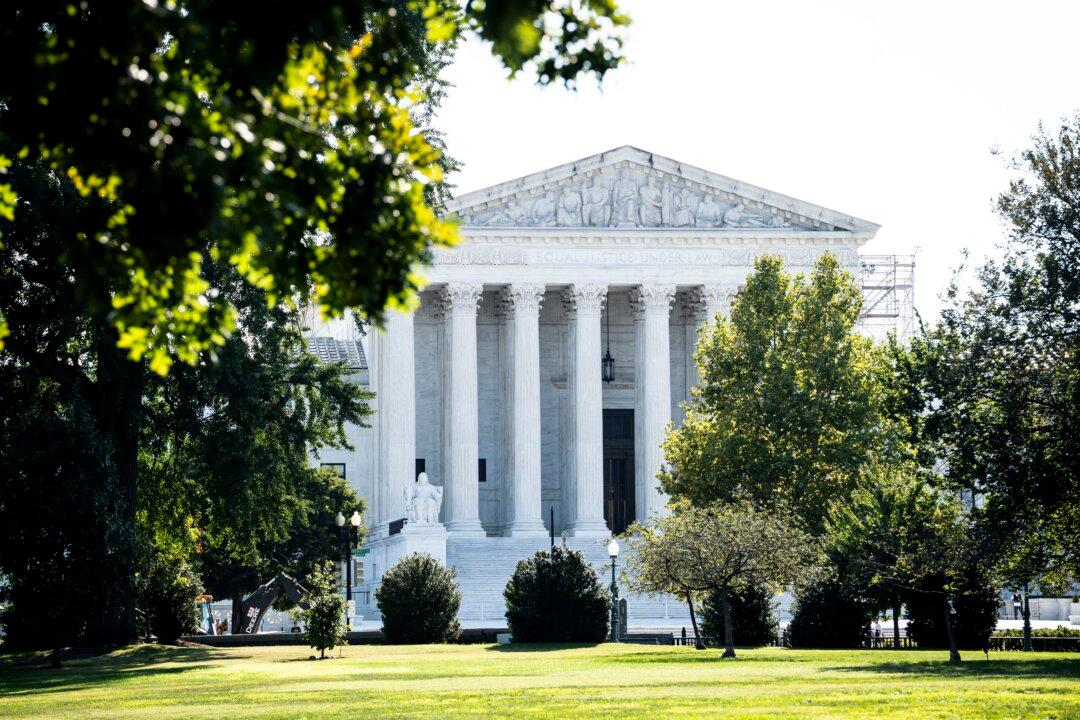This text appeared in the ‘Top Story’ email newsletter sent on Oct. 5, 2024.
The Supreme Court is expected to hear its first oral argument of the 2024-2025 term on Monday and has already said that it will take on a host of interesting cases. Guns, gender, and environmental regulation are just some of the topics coming to the court this term— presenting opportunities for the justices to hand down significant changes to U.S. law.It comes just months after the court released controversial decisions on administrative law, Jan. 6, and presidential immunity that fueled ongoing scrutiny of the court from Democratic politicians. As the court wrestles with complex legal issues, it will likely continue to face calls for reform and political pressure more generally.





